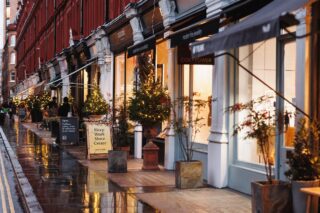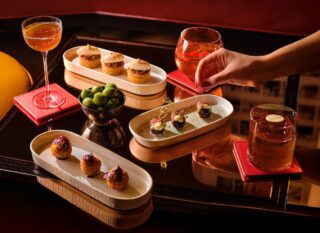This website uses cookies so that we can provide you with the best user experience possible. Cookie information is stored in your browser and performs functions such as recognising you when you return to our website and helping our team to understand which sections of the website you find most interesting and useful.
Rising to the challenge: an interview with the CEO of Paris’ most famous bakery
By Michelle Johnson | 30 April 2021 | Food & Drink
Apollonia Poilâne tells Tempus how 2020 was a time of discovery and why the culture of baking can feed far more than our bodies
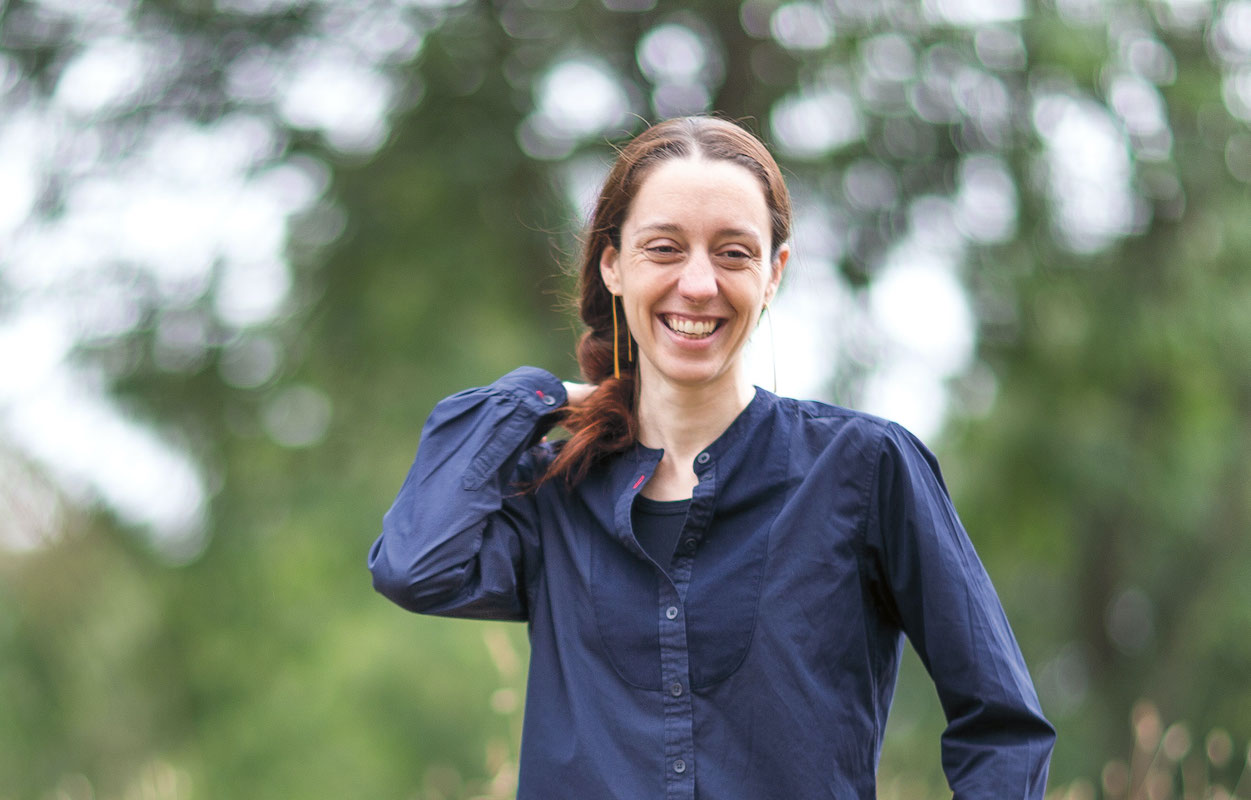
Poilâne is the most famous bakery in Paris. Its signature loaf is still made from the same sourdough starter that the boulangerie’s founder, Pierre Léon Poilâne, brought from Normandy in 1932. That large, crusted loaf – known simply as Miche Poilâne – is made of just four ingredients: sourdough, sea salt from Guérande, stone-ground wheat flour and water. Yet, it has become the daily bread of discerning Parisians, as well as the mainstay of Michelin-starred restaurants, luxury hotels, and the brand’s café: Comptoir Poilâne.
Apollonia Poilâne (right) is the third- generation CEO of the family-run bakery, which now boasts four locations in Paris – the original boulangerie in St Germain des Près, Le Marais, Buttes Chaumont and the Eiffel Tower – and one in London’s Belgravia. The French-American businesswoman took over the family business aged just 18 after her parents, Lionel and Irena, died in a helicopter accident. 10 months later, Apollonia accepted an admission to study economics at Harvard College, gaining her undergraduate degree while simultaneously starting her career.
“It was hard, and I definitely had to adapt my plans. I loved my four years at Harvard because I met people from different backgrounds and interests, and that diversity of thought was incredibly enriching,” she says. 18 years later, her passion for baking – and her business – is still fresh. “For me, the challenges in the long run have been nurturing the conversation between acting fast and thinking long-term. After 18 years of running the family business, I’m still so proud of making my own bread, and I think that says a lot about the legacy I’ve received from my parents, and the tradition I nurture daily.”
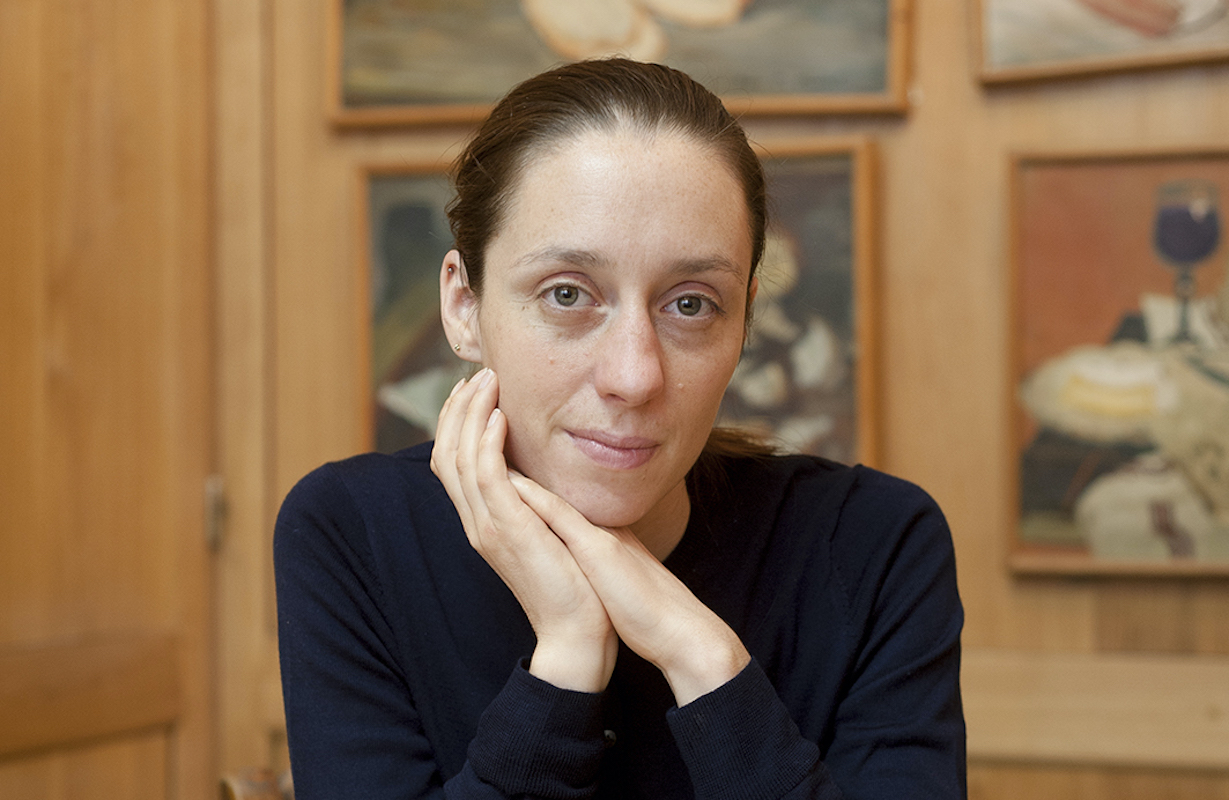
In fact, with Poilâne celebrating last year its 88th anniversary at 8 rue du Cherche-Midi – as well as 20 years in the UK – that legacy has been a driving force for success during the Covid-19 pandemic.
“Bakers understand that every day is a new day,” Apollonia explains. “In the bake house, we’re constantly adapting to our environment – whether the season is hot or cold, dry or humid – we have to embrace change.” This sentiment is inspired by Apollonia’s mantra – and the bakery’s tagline: contemporain par tradition.
“When the global lockdowns first started in March 2020, we had to close our cafés and lose our restaurant and hotel clients. It would have been easy to think that was a disaster for the business, but I decided to look at the events in a positive way and take it as an opportunity to do better,” she says. “My job is to feed people both body and soul. As an essential business we were able to continue to operate, which was a relief, but it was also a tremendous responsibility because we knew we had to offer people something more.”
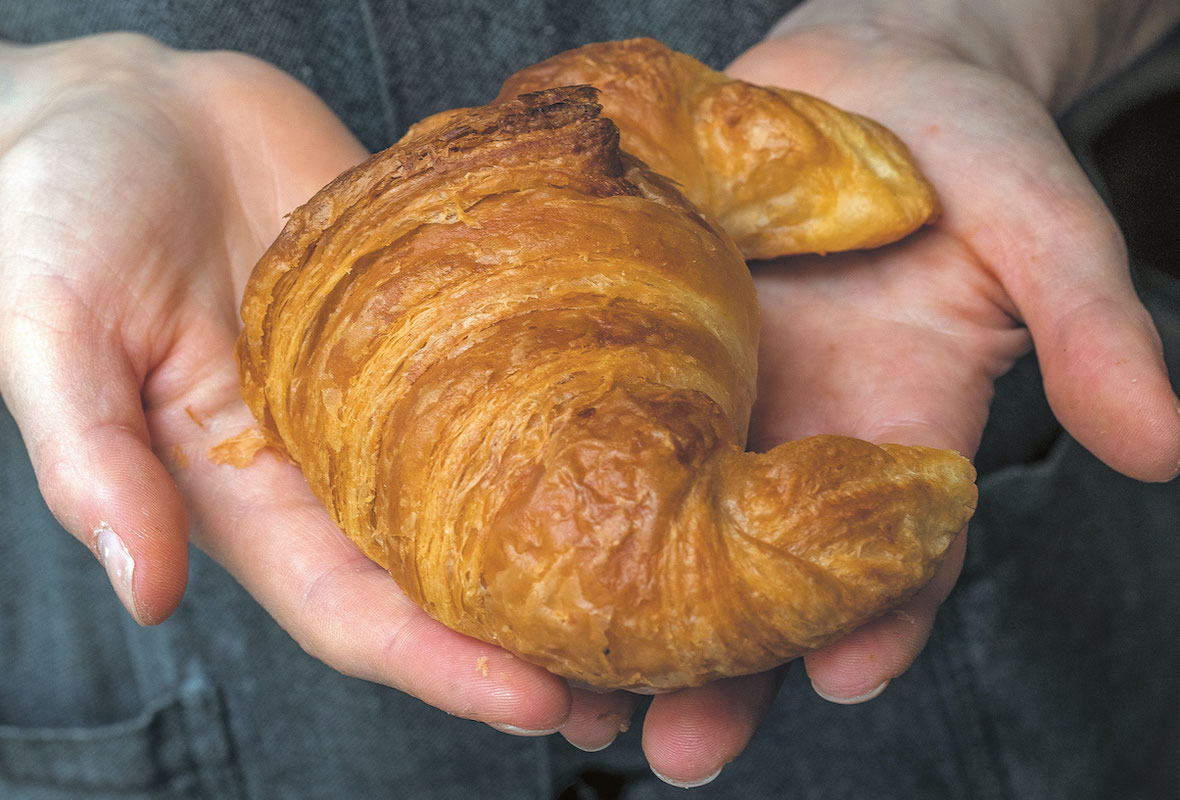
The Poilâne bakeries began selling essential items such as vegetable baskets and eggs in addition to their refined range of baked goods and biscuits, matching supply to their customers’ demand. “When we realised we weren’t selling as many pastries but people couldn’t find eggs in the supermarkets, it made sense to offer the surplus eggs we didn’t need. After all, chickens don’t give a damn about Covid-19 confinement. It was a small thing, but it meant our customers wereabletorelyonus.”Thebakeryalsolaunched a linen tea towel to celebrate its 20th anniversary in London, and Apollonia teaches bread baking on MasterClass.
Poilâne owes much of its fame to its rich artistic history. During the 1930s, Pierre was a hit in contemporary art circles thanks to his occasional acceptance of paintings as payment – some of these pieces still hang in St Germain des Près today. His son, Lionel, became a celebrity in his own right, transforming Pierre’s rustic charm into an international sensation.
Soon enough, Gerard Depardieu was among the brand’s regular celebrity customers, while Frank Sinatra, Lauren Bacall and Robert De Niro had loaves delivered to their hotels while on location. Lionel’s friendship with surrealist artist Salvador Dalí saw the pair collaborate on bread-based artworks from ornate picture frames to a birdcage that allowed the bird inside to peck its way to freedom, and an extravagant bread recreation of Dali’s hotel bedroom at Le Meurice in 1971. Apollonia and her artist sister Athena also inherited their forebears’ love of art and baking philosophy.

“I think being in the Latin Quarter in that era played a huge role in our [association] with art, but bread has always been an artistic medium,” says Apollonia. “Hunger is a very basic need, and bread is soulful. In many ways, our whole culture is built around bread. So many of our idioms involve bread: work is our ‘bread and butter’; ‘bread’ and ‘dough’ are both words for money; when you’re pregnant you’ve got a bun in the oven. Bread can start revolutions.”
Apollonia’s 2019 book Poilâne: The Secrets of the World-Famous Bread Bakery delves further into this philosophy as well as the history of different grains and staple foods in various cultures. “What is a piece of bread?” she asks. “For me, it’s something that has been grown and made collectively, is interconnected with culture and elevates the body and soul. Ultimately, bread feeds much more than hunger.”



